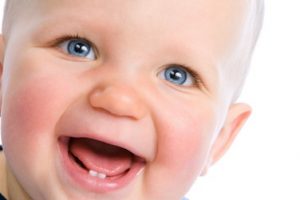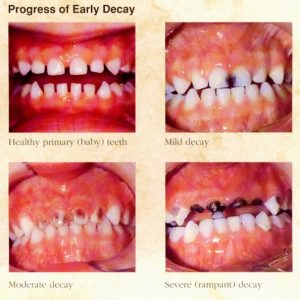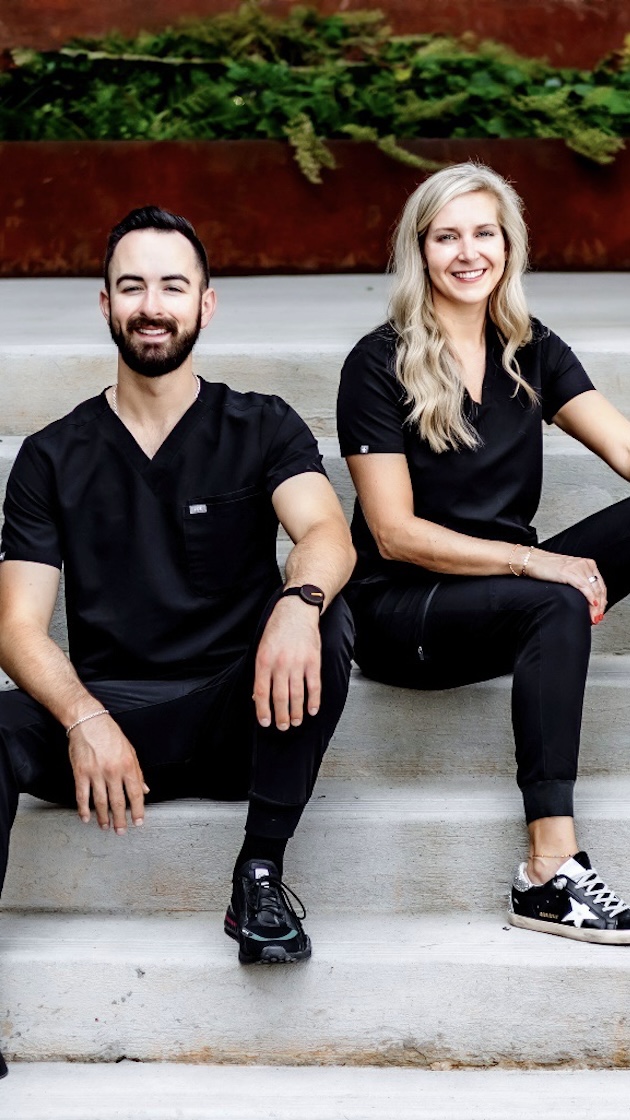Resses, snickers, lollipops oh my! Who can resist indulging in the ever-delicious Halloween candy?! Stores worldwide are gearing up for trick or treaters which means bulk size candy assortments are tempting us to splurge! These yummy treats can play tricks on our teeth if we’re not careful! Whether you’re taking your little ones trick-or-treating or simply indulging in Halloween sweets yourself, we have a few tips to keep your families from unwanted tricks!
- Limit yourself
- No candy before bed
- Always brush and floss after eating candy
- Sticky, tacky, chewy candies have a tendency to stick in the grooves of teeth making the risk for cavities greater
Conclusion! Trick or treat? Treat yourself! Remember the importance of dental health and help your family practice routine oral hygiene at Halloween and always! “Halloween is about candy, dressing up and having fun,” says ADA dentist Dr. Ana Paula Ferraz-Dougherty. “It’s OK to eat that candy on Halloween as a splurge as long as you’re brushing twice a day and flossing once a day all year long.”
Looking for a forever dental home? Our office would love to meet you and your family! At First Impressions Family Dentistry we will make you and your loved ones feel comfortable while we give you the healthy and beautiful smile you’ve always wanted!
Call today to schedule an appointment with our team 704-933-2115
Source
Photo 1 source





